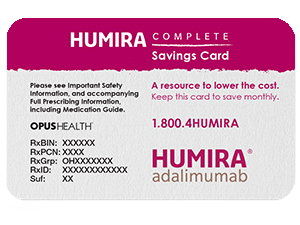
Most common adverse reaction (incidence ≥5% all grades) in clinical studies through week 144 were diarrhea (6%), nausea (6%), and headache (5%).Discontinue BIKTARVY if clinical or laboratory findings suggestive of lactic acidosis or pronounced hepatotoxicity develop, including hepatomegaly and steatosis in the absence of marked transaminase elevations. Lactic acidosis and severe hepatomegaly with steatosis: Fatal cases have been reported with the use of nucleoside analogs, including FTC and TDF.In patients with chronic kidney disease, assess serum phosphorus. Renal monitoring: Prior to or when initiating BIKTARVY and during therapy, assess serum creatinine, CrCl, urine glucose, and urine protein in all patients as clinically appropriate. Discontinue BIKTARVY in patients who develop clinically significant decreases in renal function or evidence of Fanconi syndrome. Patients with impaired renal function and/or taking nephrotoxic agents (including NSAIDs) are at increased risk of renal-related adverse reactions. Do not initiate BIKTARVY in patients with estimated creatinine clearance (CrCl) <30 mL/min except in virologically suppressed adults <15 mL/min who are receiving chronic hemodialysis. New onset or worsening renal impairment: Postmarketing cases of renal impairment, including acute renal failure, proximal renal tubulopathy (PRT), and Fanconi syndrome have been reported with tenofovir alafenamide (TAF)–containing products.Immune reconstitution syndrome, including the occurrence of autoimmune disorders with variable time to onset, has been reported.Consider the potential for drug interactions prior to and during BIKTARVY therapy and monitor for adverse reactions. Drug interactions: See Contraindications and Drug Interactions sections.Coadministration: Do not use BIKTARVY with dofetilide or rifampin.If appropriate, anti-hepatitis B therapy may be warranted. Closely monitor hepatic function with both clinical and laboratory follow-up for at least several months in patients who are coinfected with HIV-1 and HBV and discontinue BIKTARVY.

Severe acute exacerbations of hepatitis B have been reported in patients who are coinfected with HIV-1 and HBV and have discontinued products containing emtricitabine (FTC) and/or tenofovir disoproxil fumarate (TDF), and may occur with discontinuation of BIKTARVY.

Important Safety Information BOXED WARNING: POST TREATMENT ACUTE EXACERBATION OF HEPATITIS B BIKTARVY® is indicated as a complete regimen for the treatment of HIV-1 infection in adult and pediatric patients weighing ≥14 kg who have no antiretroviral (ARV) treatment history or to replace the current ARV regimen in those who are virologically suppressed (HIV-1 RNA <50 copies per mL) on a stable ARV regimen with no history of treatment failure and no known resistance to any component of BIKTARVY.


 0 kommentar(er)
0 kommentar(er)
